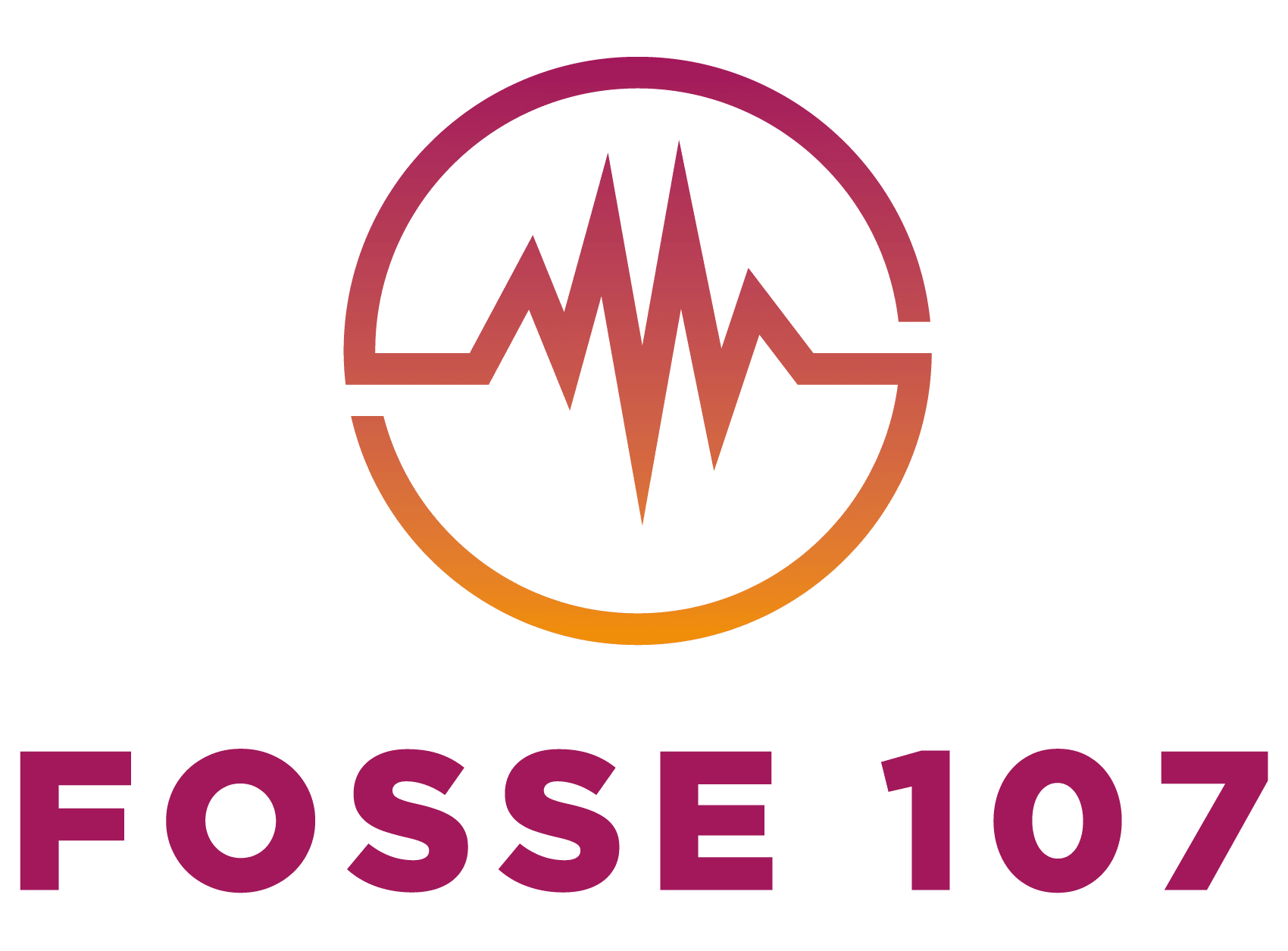
NASA has postponed a space launch due to a "cannibal" solar storm that could also disrupt GPS, communication systems and power grids.
The British Geological Survey (BGS) upgraded its forecast to the maximum and said the ongoing storm had already interfered with communications and satellite navigation.
It said the storm could feed off another one, becoming a "cannibal storm" - one of the biggest in 20 years - and reaching Britain this afternoon.
Blue Origin - the space tech company founded by Amazon boss Jeff Bezos - was due to launch its rocket, New Glenn, today.
The mission was set to take two Mars-bound NASA spacecraft, called ESCAPADE, into the cosmos.
Announcing the postponement on Twitter, Blue Origin said: "New Glenn is ready to launch.
"However, due to highly elevated solar activity and its potential effects on the ESCAPADE spacecraft, NASA is postponing launch until space weather conditions improve.
"We are currently assessing opportunities to establish our next launch window based on forecasted space weather and range availability."
The effects of the solar storm aren't just limited to the Cape Canaveral launch site in Florida.
It's also expected to bring a dazzling display of Northern Lights to Britain later.
The storm led to impressive sightings of the aurora borealis in some parts of the UK overnight and the same could happen later - assuming clear, dark skies.
But solar storms carry serious implications for energy infrastructure and navigation, and are therefore listed as a primary hazard on the UK's National Risk Register.
They're caused by an explosion of particles, energy, magnetic fields, and material blasted into space by the sun - and can disturb the Earth's magnetic field, according to NASA.
The latest event has already created the biggest geoelectric field at ground level since BGS records began.
Gemma Richardson, geomagnetic hazard specialist with the BGS, said: "Space weather can have a real impact on the lives of people across the planet.
"BGS records real-time data of geomagnetic conditions, underpinning the national forecast service.
"Our data suggests that this event could be one of the biggest storms we've seen in 20 years".
People in Scotland, northern England and Northern Ireland have the best chance of seeing Northern lights, according to the BGS.
Cloud is forecast in other areas but the Met Office said it might break enough to provide a glimpse over southeast England.
Get the Sky News forecast for your area
The colours of the aurora are produced by charged particles from the sun hitting atoms and molecules in Earth's upper atmosphere.
Solar storms can reach Earth from the sun in as little as 17 hours, but can sometimes take much longer.
Read more from Sky News:
Three men arrested after body found in field
Government to use military driving examiners to cut test backlog
The latest one could hit the highest level of G5, according to the BGS, a rating that warns of possible power blackouts, GPS problems lasting days, and problems orientating spacecraft.
NASA says solar storms don't cause direct harm to humans as the planet's magnetic field and atmosphere protect us from the worst of the effects.

(c) Sky News 2025: NASA cancels space launch as strongest 'cannibal storm' in 20 years heads to Britain


 Abuse 'ignored' at Medomsley Detention Centre where UK's 'most prolific' sex offender attacked young men, report finds
Abuse 'ignored' at Medomsley Detention Centre where UK's 'most prolific' sex offender attacked young men, report finds
 Baroness Newlove, the victims campaigner whose husband Garry was murdered by gang of teenagers, has died
Baroness Newlove, the victims campaigner whose husband Garry was murdered by gang of teenagers, has died
 Family of Katie Fox, who was fatally stabbed in neck in Birmingham, pay tribute to her
Family of Katie Fox, who was fatally stabbed in neck in Birmingham, pay tribute to her
 Boy, 5, dies after wall collapsed on top of him at Chislehurst golf centre
Boy, 5, dies after wall collapsed on top of him at Chislehurst golf centre
 Newly opened 758-metre bridge in China collapses
Newly opened 758-metre bridge in China collapses
 Police in Germany arrest suspected Hamas member who 'acquired Glock pistols to attack Jewish institutions'
Police in Germany arrest suspected Hamas member who 'acquired Glock pistols to attack Jewish institutions'
 Trump asks Israeli president to 'fully pardon' Netanyahu in corruption trial
Trump asks Israeli president to 'fully pardon' Netanyahu in corruption trial
 Reform pulls out of BBC documentary amid Trump legal threat
Reform pulls out of BBC documentary amid Trump legal threat




